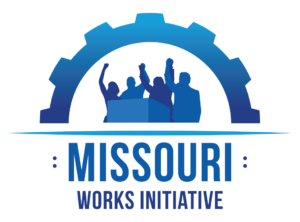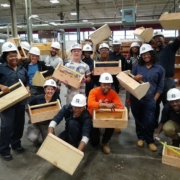The Missouri AFL-CIO created the Missouri Works Initiative (MWI), in part, to help ensure workers across the state of Missouri are well-informed when it comes to issues of workplace safety – both physical and mental aspects. For a number of years, labor leaders have expressed their concerns when it comes to the increase of deaths related to substance abuse and suicide. Without a doubt, mental health has come to the forefront due to the impact of COVID-19. Please note that September is Suicide Prevention Awareness month. To this end, we wish to thank OSHA leadership, in Washington, DC, as well as our (public and private) partners here in Missouri for recognizing the importance of STOPPING the STIGMA.
Each week Dr. John Gaal provides us with a Workers’ Wellness Update. This update provides workers, community partners, and more with important articles that he has curated. Below are links to the articles. We hope you enjoy one, a couple, or all of the articles.
About our Worker Wellness Program (WWP):
For many decades, organized labor has played a key role in establishing minimum safety standards in the US workplace. These efforts have mainly focused on the physical aspects of safety (i.e., falls, chemical exposure, noise reduction, etc.). More recently, public health professionals have identified that in order to better protect workers, the workforce eco-system must address the whole person. To this end, a major goal of establishing a WWP is to ensure that all workers have access to timely information regarding their mental aspects of safety on the job and in the community. In so doing, we will offer programming and advice on issues related to work-life balance, wellness, and well-being.
As the WWP develops, we will seek partnerships with local community agencies so that programming can be tailored to local needs. It is our intention to have a presence in towns across the state as a means to deliver training and/or perform research that informs our future activities for the benefit of all workers.
Articles of the Week: June 13, 2021
5 Ways Employers Can Support Women’s Mental Health
Work got you stressed and burned out? Here’s how to talk with your manager about it
Webster University lands $1 million grant to improve mental health treatment in St. Louis County
How Working From Home Has Changed Employees
How to Quit Your Job Gracefully
Work can wait. Your mental health can’t. How to make the most of a break
Employers Enhance Well-Being Benefits for a Post-Pandemic Workforce
Unpaid Caregivers Were Already Struggling. It’s Only Gotten Worse During The Pandemic
7 Ways to Reset Your Relationship
Therapy dog saves woman who was on the verge of taking her own life
Pandemic Anxiety Looms Large For Some Missourians, Even After Getting Vaccinated
After 50 Years Of The War On Drugs, ‘What Good Is It Doing For Us?’
What Emerson Can Teach Us About Resilience
Managing Everyday Worry & Anxiety
Frequent visits to nature linked to enhanced psychological well-being and reduced mental distress
Why a Tree Is the Friend We Need Right Now
Andy From Headspace Debunks Common Misconceptions About Meditation
Headspace: Andy Puddicombe and Rich Pierson
Enough fentanyl to kill San Francisco: the new wave of the opioid crisis sweeping California


